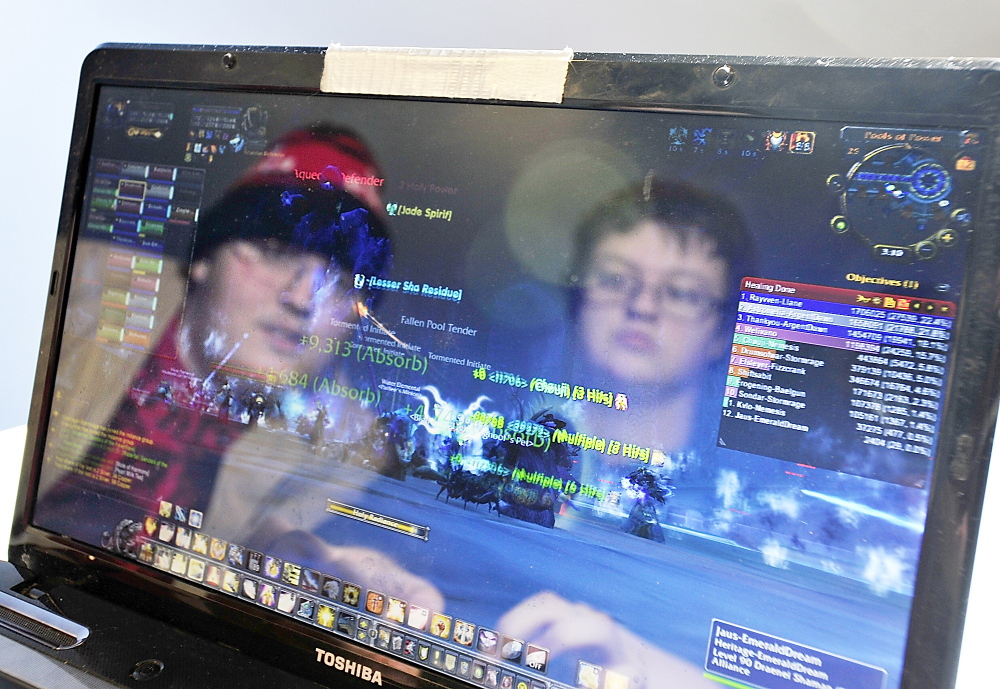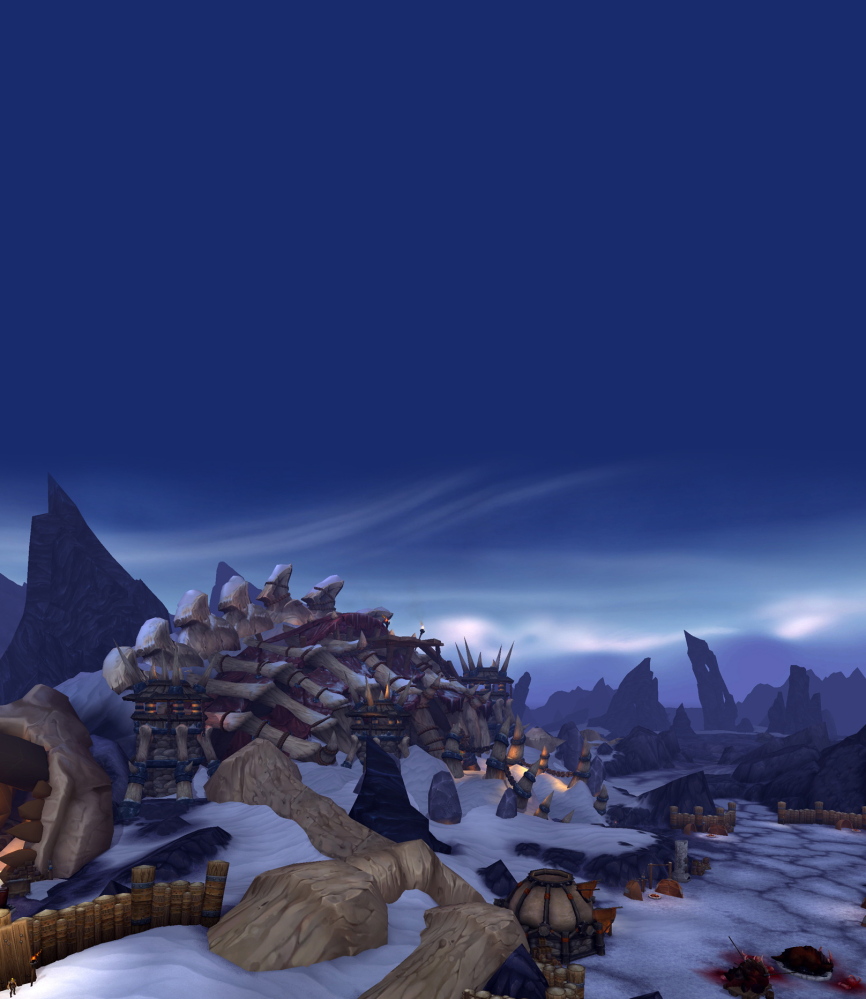Players of online video games such as “World of Warcraft” and “Second Life” hardly raised an eyebrow when news broke this week that the National Security Agency took steps to monitor communications and plant spies in the games.
But unlike earlier revelations detailing government agencies’ covert collection of millions of telephone records, emails and text messages – practices that have drawn objection and outrage from privacy advocates – surveillance of fictitious game worlds is no secret to the people who play them and, in some cases, a watchful eye is even welcomed.
“I can’t imagine terrorists would use ‘World of Warcraft’ for anything,” said Seth Klein, 35, who used to spend hours playing the 2004 blockbuster, known in the game’s community simply as “WoW.”
“It’s not a secure medium, and everyone knows that,” Klein said.
On Monday, major news outlets reported on an effort by the NSA and its British counterpart to send agents to infiltrate gaming worlds in search of real-world evil-doers. The agencies also scooped up massive amounts of data about game play, apparently without the knowledge of the companies that developed the games.
According to an 82-page document dating to 2008 detailing the NSA’s video game surveillance strategy, which was first reported in the United States by The New York Times, the agency feared that game worlds could be used as effective cover for criminal organizations or terrorists looking to “hide in plain sight,” recruit new followers and even provide online weapons training to members.
“I think it’s a little ridiculous,” said Keegan Beal, 17, who has played “World of Warcraft” intermittently for nearly a decade. “There’s better ways to communicate.”
Blizzard Entertainment, the Irvine, Calif.-based company that developed the wildly successful game, keeps close tabs on players and has access to personal information that players divulge when they sign up, including addresses, credit cards and legal names, Beal said.
“They can sit there and listen to anything you say,” Beal said. “It’s almost like what the government is doing.”
Klein said traditional law enforcement agencies have watched gamers’ behavior for years, sometimes looking for child predators. Even absent a police presence, Klein said he has grown to appreciate the game’s moderators, who log all of the messages that players exchange, which can prove useful when someone reports abuse of the game’s rules or tries to settle a dispute with another player.
Joseph Wippl, a 30-year CIA veteran who’s now the director of graduate studies in Boston University’s Department of International Relations, said the surveillance programs are a response to the explosion in global communication technology, which has rapidly become cheaper and more sophisticated in recent years.
“They’re just trying to get a grip,” said Wippl. Once it’s collected, the information can be challenging to sift through, he said, noting that “you’ve got all these billions of bits of data and you only have a handful of analysts.”
Gamers said they understand why “World of Warcraft” was targeted. At its height, 12 million subscribers played the game worldwide, including “telecom engineers, embassy drivers, scientists, (people from) the military and other intelligence agencies,” according to the leaked NSA documents.
The game worlds, which are online landscapes where players may roam, explore and do tasks, offer a multitude of ways for people to communicate with each other, organize into subgroups and work cooperatively, all while chatting freely.
Matt Gordon, 24, of Portland, who has played “WoW,” said that although the surveillance bothers him, he would be naive to think that someone isn’t watching.
“It’s not about the game, it’s the fact that a lot of people use it,” Gordon said.
Adam Thompson, 19, of Hiram, an occasional “World of Warcraft” player, said he understands the NSA’s desire for the information, but disagrees with how the agency gathered it.
“It’s surprised me how deep they were willing to go,” Thompson said.
Take away the interactive graphics, customizable characters and in-game tasks, and the games are little more than a fancy instant message application with a critical mass of users, said Mike Mulligan, a Web developer at Big Room Studios in Portland, a Web development company.
Add the “critical mass” of people from around the world, and it’s not surprising that intelligence agencies sought to collect the information.
“In something like ‘World of Warcraft’ and ‘Second Life,’ (surveillance) only makes sense,” said Mulligan, who played “WoW” for only a few weeks but is familiar with the game’s community. “If you take the game out of it, it’s just a very large chat room. I don’t know why everyone is making a big stink about it. It’s no different than the email (monitoring) thing.”
Matt Byrne can be contacted at 791-6303 or at:
mbyrne@pressherald.com
Send questions/comments to the editors.






Success. Please wait for the page to reload. If the page does not reload within 5 seconds, please refresh the page.
Enter your email and password to access comments.
Hi, to comment on stories you must . This profile is in addition to your subscription and website login.
Already have a commenting profile? .
Invalid username/password.
Please check your email to confirm and complete your registration.
Only subscribers are eligible to post comments. Please subscribe or login first for digital access. Here’s why.
Use the form below to reset your password. When you've submitted your account email, we will send an email with a reset code.